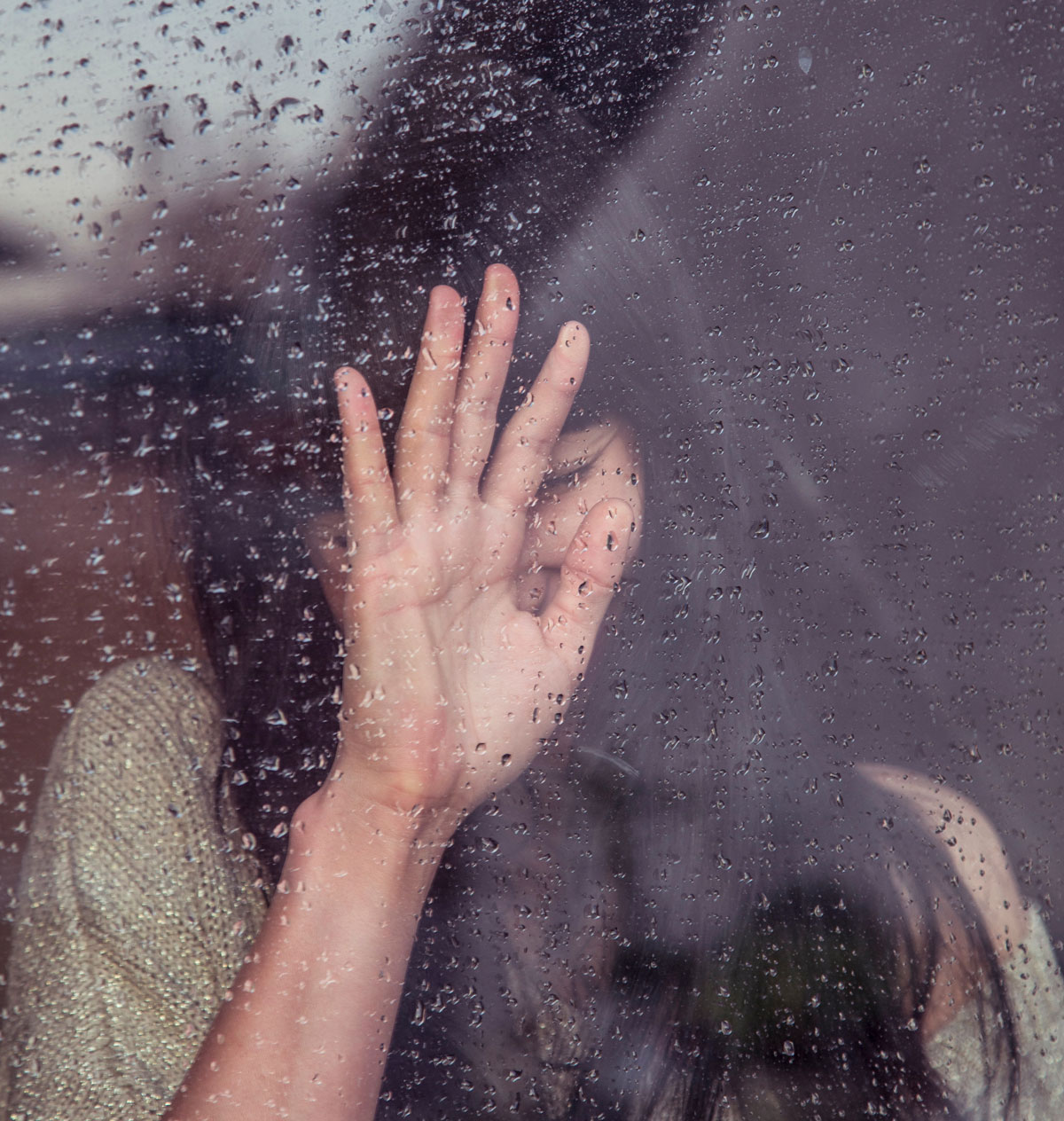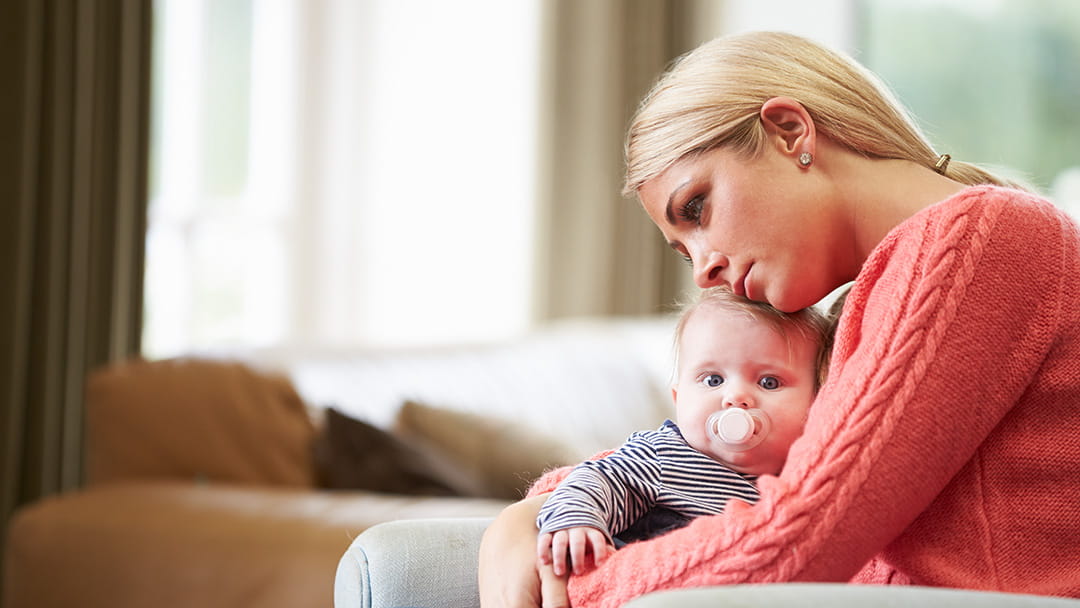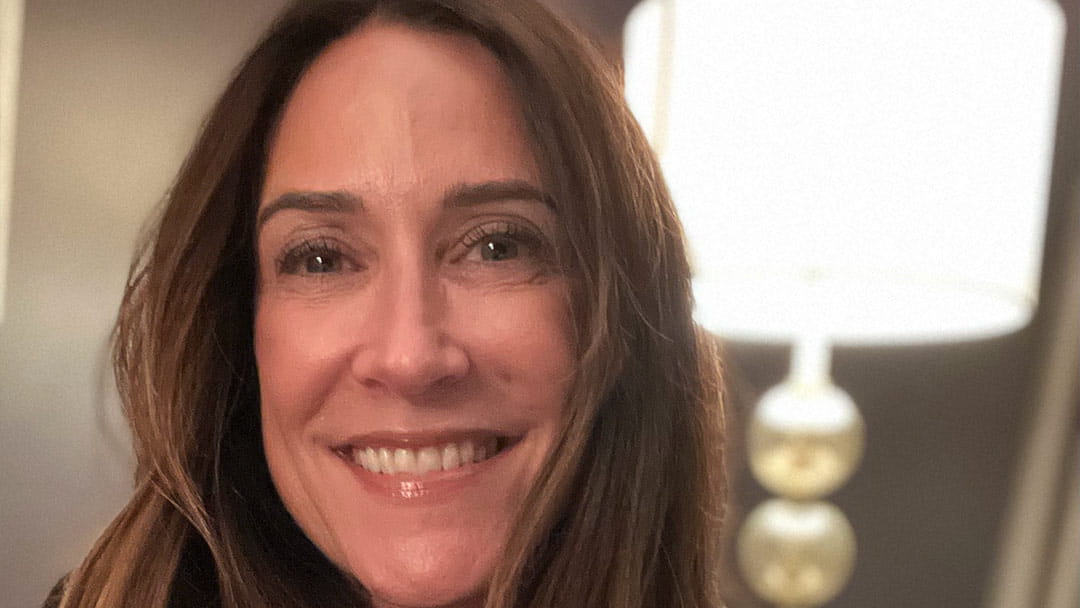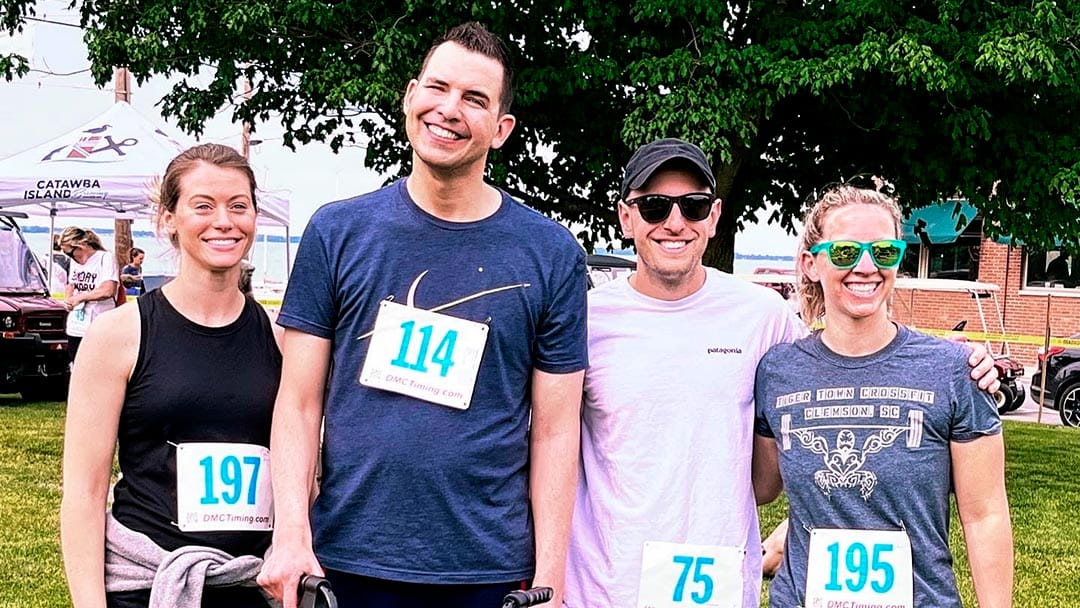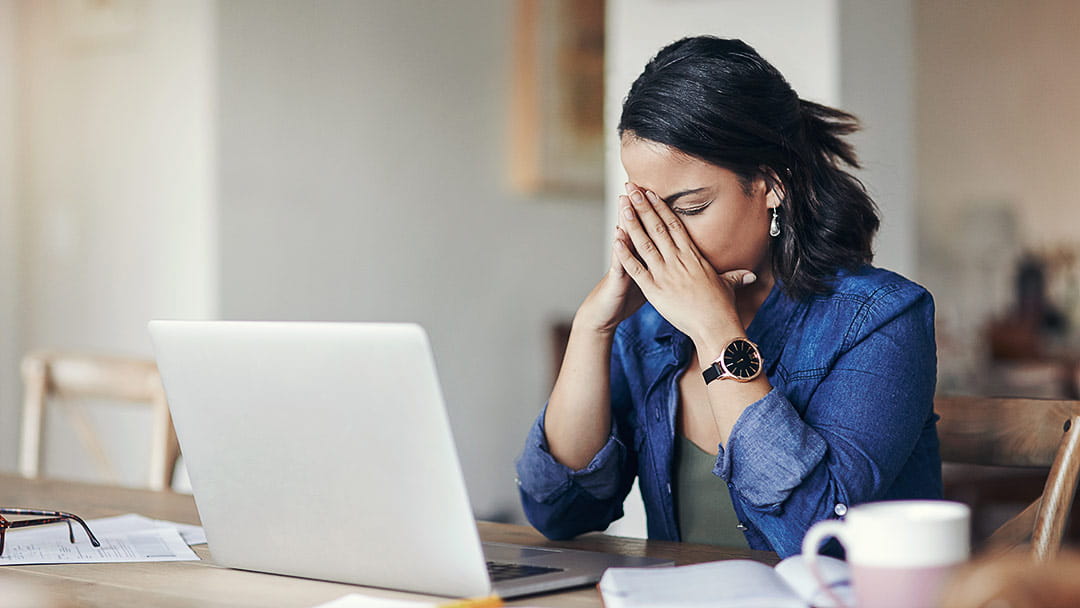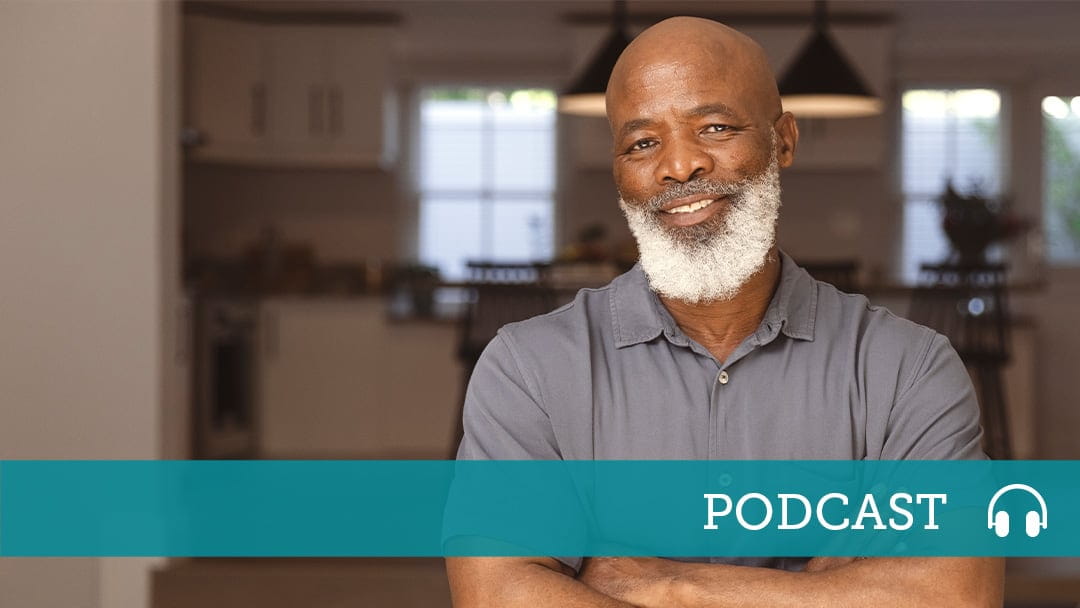
Learn how to survive a worldwide pandemic with obsessive-compulsive dysfunction.
The coronavirus pandemic presents a novel problem to people residing with OCD, to those that are constantly in search of out reassurance and certainty and have issue tolerating doubt and discomfort. In any case, what we usually discuss with as an irrational worry—that an invisible, airborne illness is sweeping by means of six of our seven continents, inflicting a whole lot of hundreds of individuals—is now a rational worry that all of us are studying to deal with in real-time.
If there’s one factor we will all agree on, it’s that the COVID-19 outbreak has generated important uncertainty: How doubtless am I to catch the coronavirus? What if I’ve it, and I don’t understand it but? When will a vaccine be prepared? What if I run out of provides at house? When will this all be over?
Contamination is an all-too-common matter of our worries, however that is very true because the coronavirus outbreak. I do know I’ve pumped extra sanitizer on my arms within the final month than I care to confess. World-renowned scientists are urging us to scrub our arms steadily, to keep away from touching our faces as a lot as potential, and to follow social distancing by sustaining six toes of distance from others. You might be residing proof of the misery that these precautions would possibly inadvertently provoke in an individual residing with nervousness:
- “However what if I overlook to scrub my arms and I deliver the virus house from the grocery retailer? Might I infect myself? My youngsters? My aged mother and father?”
- “What if I by accident touched my nostril whereas I used to be outdoor? How do I do know my arms weren’t contaminated? Ought to I isolate myself to make sure?”
- “I used to be very vigilant about sustaining six toes of distance, however somebody on the grocery retailer got here in shut contact with me. They didn’t seem sick, however they might be asymptomatic. Do I must get examined?”
Who wouldn’t be consumed by doubt in these circumstances, envisioning such catastrophic outcomes? As with all subjects of our worries—contamination, humiliation, suffocation, and so on.—we should be taught to differentiate the indicators from the noise.
Alerts vs. Noise
A few of our worries inspire us to behave; we name these “indicators.” Alerts are worries which can be deserving of our consideration and immediate us to take significant motion. For example, within the midst of the COVID-19 pandemic, if we go for a run and return house, our worries would possibly inspire us to go straight to the lavatory and wash our arms for 20 seconds with cleaning soap and water, simply because the World Well being Group suggests.
Now, let’s say I wash my arms completely, simply as instructed, after which my worries immediate me to scrub them once more 5 minutes later. If I’ve been at house, and I haven’t come into contact with something that is perhaps contaminated, then we will moderately label this fear as “noise.” Noise refers to these repetitious, unproductive ideas that create additional doubt and misery. Noisy worries are usually not helpful or value listening to. Noise is static.
So, whenever you hear worries that you simply consider are indicators (“Oh no, I believe I touched the grocery cart with out sanitizing it first.”), it’s best to take actions that assist you resolve that drawback (“I’ll ask an worker if there’s a buyer toilet or some hand sanitizer I can use.”). Then again, if that fear pops up and feels like noise (“What if the hand sanitizer is contaminated, too?!”), then which means you may’t resolve it. No resolution exists. You possibly can dismiss this pesky fear, deal with it as noise, and return to your process.
Set Guidelines for Your Personal Peace of Thoughts
Because the instances of COVID-19 escalate within the U.S., a lot of my purchasers are fighting some model of the next questions:
- “What’s actual and what’s imaginary? How do I do know what to consider anymore?”
- “Am I doing an excessive amount of to organize and shield myself from the virus?”
- “Am I doing too little to organize and shield myself from the virus?”
Typically these urgent questions can result in heightened stress and compulsive checking for brand spanking new data. You possibly can assist handle your nervousness on this tough and infrequently complicated time by making a algorithm round the way you inform and shield your self.
- Restrict the variety of occasions you verify for data. For instance, you can set day by day “verify the information” calendar appointments for 8 a.m. and eight p.m., guaranteeing that you simply don’t miss any essential updates.
- Restrict the variety of sources you verify for data. If you end up endlessly scrolling information and social media web sites to collect data, restrict your self to 2 or three web sites that you simply belief to supply correct reporting, such because the World Well being Group and the U.S. Facilities for Illness Management and Prevention.
Minimize Your self Some Slack
On this time of epic uncertainty, it’s simple for people residing with nervousness to turn out to be harshly self-critical. In any case, when our want for consolation, safety, and confidence turns right into a requirement, that mindset drives a substantial amount of our worries, fears, self-criticisms, and disappointments.
Minimize your self some slack. This isn’t simple. In reality, at occasions, it’s downright scary. So should you expertise some regression in your work to manage worries, should you really feel like skipping an publicity follow of dealing with a worry, or should you often give in to a few of that buzzing, irrelevant, incessant “noise,” then give your self a cross. Tomorrow is a brand new day.
Most significantly, it’s time to surrender our relentless pursuit of safety, consolation, and management. Sure, even within the face of a worldwide pandemic, we will all enable for slightly uncertainty, doubt, and misery.
Additional studying: Stopping the Noise in Your Head: The New Solution to Overcome Anxiousness and Fear



